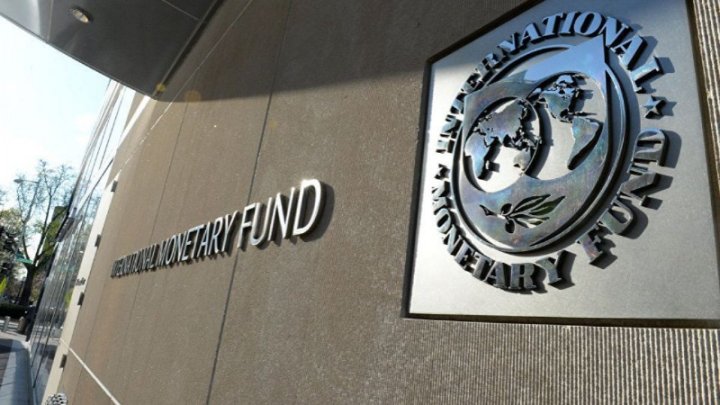
The Director of Communications of the International Monetary Fund (IMF), Julie Kozack said this Thursday that the Argentine authorities “have expanded well-targeted social assistance programs that benefit poor women and children.” In a clear message of support for the adjustment course of the Milei government, he stressed that, according to the organization, they see signs positives in the Argentine economy such as a recovery in activity and salaries.
His statements are at least contradictory, while the economy is heading towards a recession close to 4 points of GDP, poverty has climbed more than 11 points in just six months and the government is cutting funds for soup kitchens and retirees.
As part of the press conference she regularly gives in Washington, the official had to answer a question about the poverty situation in the country, given the record rate of 52.9% of the population that she reported last week. Kozack stated that “we have systematically recognized the very delicate social situation, and this is of course demonstrated by the recently published poverty data.”
What the international organization does not recognize is its clear responsibility in the collapse of the living conditions of the working majorities in the country and does not have any evidence of the expansion of social assistance; On the contrary, the government liquefied the budget items for social spending.
Under Milei’s government, poverty increased 11.2 points and indigence 6.2. This means that there are 5.4 million new poor people and 3 million more destitute. Since the IMF returned to the country with Macri in 2018, going through the government of Alberto Fernández and now with the brutal adjustment of Milei, Poverty made an enormous jump, from 27.3% to 52.9%.
But the Fund official insisted: “addressing these high poverty rates and ensuring that growth is more inclusive remains a priority for the authorities, who continue to take measures to protect the most vulnerable.” And he added that “continued measures to reduce inflation and reforms to promote employment and investment should lead to further improvement in real wages and economic activity in the future” and said that “our staff continues to actively and strongly participate in this very important area.”
Kozack noted that, since the conclusion of the eighth review of the extended facilities program, the Argentine authorities have continued to implement the program which “has resulted in a considerable reduction in inflation and the fiscal deficit.” The inflation It is at the highest historical levels: 236.7% year-on-year and fails to break the 4% monthly floor. What is clear is that the reduction in the deficit with Milei was enormous, at the expense of adjusting to the most vulnerable.
The spokesperson also said that “There are signs of an incipient recovery of activity and real wages”, but warned that “even so, there are still a series of challenges.” Real wages are still very far from having recovered the loss after the Caputo devaluation and the inflationary jump. In fact, a new INDEC report reveals that 60% of the population received income less than $450,000 in the second quarter of 2024. The Gini coefficient, which measures the inequalityreached its worst level in recent years. This indicator increased from 0.417 to 0.436 compared to the same period of the previous year. More poverty and more inequality.
It is worth remembering, as the Fund’s spokesperson herself noted, that the organization both supported Milei’s veto of the law that slightly increased pensions, and now also supports the Executive Branch’s decision to veto university financing. In other words, the “challenges” for the IMF are to go through a fierce adjustment without unleashing a huge mobilization against it.
Source: www.laizquierdadiario.com

